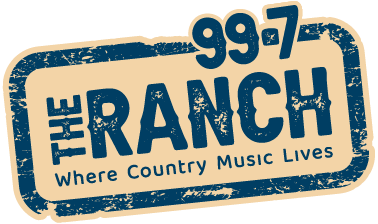In an effort to help families and residents enter the housing market, Cold Lake city council discussed a new draft of its Starter Home Incentive Policy during the October 15 Corporate Priorities meeting.
The policy aims to encourage the construction of affordable homes prices at $350,000 or less, while offering incentives to both builders and potential homeowners.
Andrew Serba, the city’s Strategic Initiatives Manager, introduced the policy, describing it as a jumping-off point to gauge whether the council would consider it worthwhile to move forward. The policy would offer rebates on development and building permits, as well as substantial property tax rebates to ease the financial strain on new homeowners.
Serba explained the challenges facing the local housing market, noting that builders typically target homes priced between $500,000 and $600,000, which are more profitable. However, affordable starter homes, which would have a footprint of up to 700 square feet and no more than 1,4000 square feet of total floor space, lack the volume needed to make them viable for builders. To address this, the policy proposes incentivizing demand for smaller, no-frills homes, which would be sold without garages or accessory buildings.
The policy also offers property tax rebates for buyers. “The purchaser would receive a rebate worth 100 percent of the municipal property taxes for the first three years, followed by a 50 percent rebate in the fourth year and a 25 percent rebate in the fifth year,” said Serba.
The policy is still in its early stages and remains flexible. Serba mentioned that certain portions have been highlighted in red, indicating areas where changes can be made or adjusted to redefine what a starter home in Cold Lake might look like.
Cold Lake’s CAO Kevin Nagoya highlighted how this local initiative could complement federal programs. He referenced the Government of Canada’s GST rebate program for smaller homes, which refunds GST on homes prices below $399,000.
Nagoya emphasized the importance of balancing affordability and profitability for builders, explaining that reducing the size of homes squeezes profitability, which then requires higher volume to make the process viable.
Mayor Craig Copeland voiced his hope that the policy would create more affordable housing options, particularly for residents who are renting. “The housing market can be challenging to break into, and it’s important for the community to offer a variety of housing options,” said Copeland.
In addition to the starter home initiative, the council discussed another pressing issue, abandoned properties. The council recommended a policy that would rebate landfill fees, up to $10,000, for approved demolitions of rundown homes.
“Some buildings can’t be saved, and the cost to remove them is high,” Copeland said. “At least this way, we can alleviate some of the costs and make those properties viable for redevelopment.”
Council has directed the administration to refine the Starter Home Incentive Policy and bring an updated version forward for further consideration.




